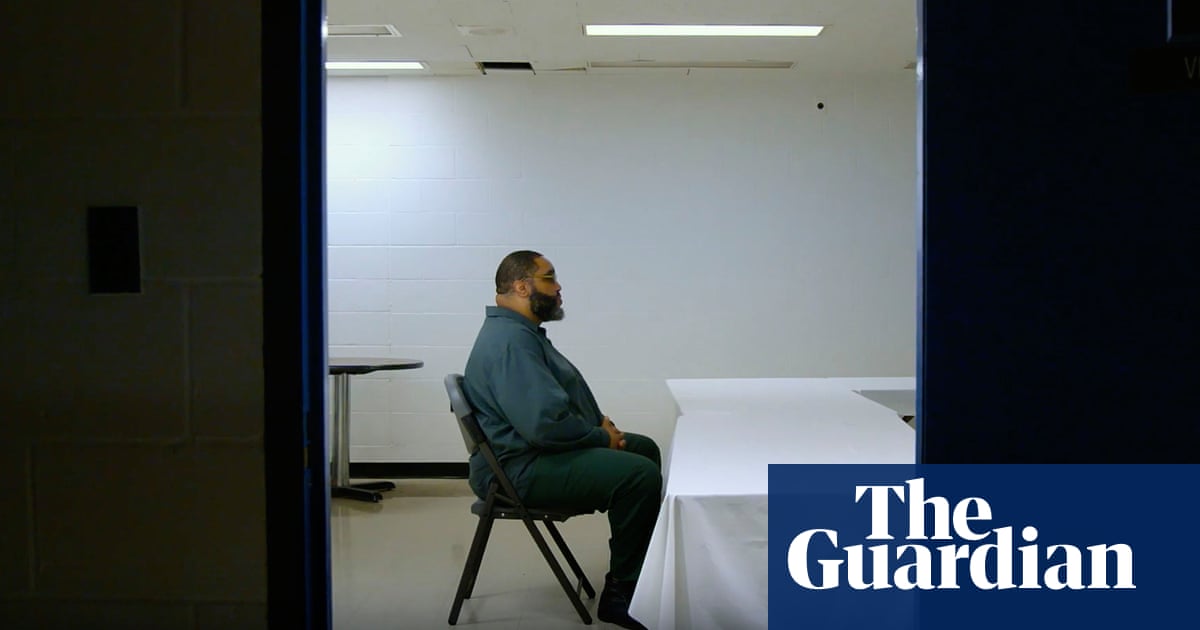There are hospice programs available in prisons for those who will pass away while incarcerated in the United States, which has the world’s largest and oldest prison population per capita. The system is not designed to release prisoners, leading to the need for such programs.
This situation is highlighted by directors Ricki Stern and Jesse Sweet in their film „Nature of the Crime,“ where they examine New York state’s parole programs. They question whether the prison system is focused on rehabilitation or simply locking individuals away indefinitely.
Stern and Sweet follow two convicted men, Todd Scott and Chad Campbell, through the challenging parole process. Both men have spent over three decades behind bars and must prove to a subjective and politicized parole board that they are remorseful and rehabilitated.
The film delves into the difficult cases of Scott and Campbell, exploring their childhood traumas and efforts to heal and improve themselves. It challenges viewers to see these men beyond their crimes, acknowledging the severity of their actions while also recognizing their growth and potential for redemption.
Stern and Sweet’s project was inspired by the Parole Preparation Project, which helps inmates prepare for parole hearings. The film showcases the emotional conversations between the attorneys and the inmates, as they navigate the process of expressing remorse and growth while facing the parole board.
While the film includes perspectives from former parole board members, lawyers, judges, and advocates, the voices of the victims‘ families are notably absent. Stern and Sweet reached out to these families through formal channels, but representatives preferred to speak on their behalf.
Overall, „Nature of the Crime“ sheds light on the complexities of the justice system and the challenges faced by those seeking parole after committing serious crimes. „Wir wollten kein großes sechsstündiges herzergreifendes Interview mit den Familien der Opfer und dann sagen: ‚Ihr seid nicht der Schwerpunkt davon.‘ Stern fügt hinzu, dass es vielleicht nicht notwendig ist, solche Stimmen erneut zu traumatisieren, nicht nur für ihren Film, sondern auch im Bewährungsprozess, bei dem Familien oft die Gelegenheit nutzen, für die Opfer zu sprechen. ‚Einige würden behaupten, dass die Opfer und die Familien das nicht vollständig verarbeiten können‘, sagt Stern. ‚Sie müssen immer noch alle zwei Jahre zurückkommen, um diese Verlustgefühle hochzubringen und das Gefühl zu haben, die Macht zu haben, jemanden im Gefängnis zu halten. Und wenn sie das nicht tun, wenn sie nicht sprechen, versagen sie ihren geliebten Menschen, der gegangen ist. Es gibt Fragen, ob das überhaupt Teil des Prozesses sein sollte… Wenn Bewährung wirklich dieser Prozess ist, um jemanden zu beurteilen, der im Gefängnis war und bereit ist, entlassen zu werden, bereit ist, in die Gesellschaft zurückzukehren, können die Familien der Opfer Wunden öffnen. Sie sollten nicht gezwungen sein, dies erneut durchzumachen.“
